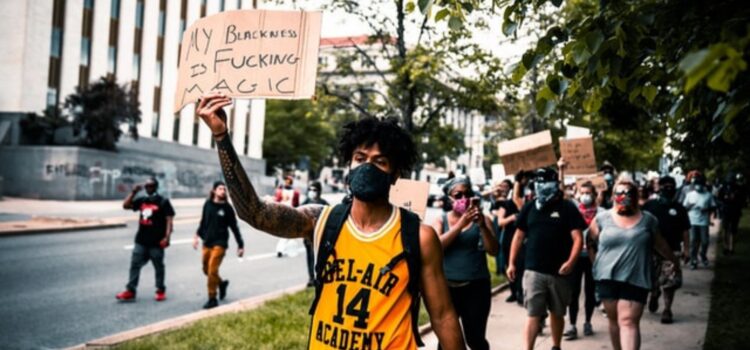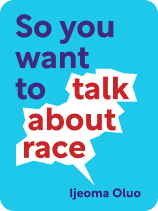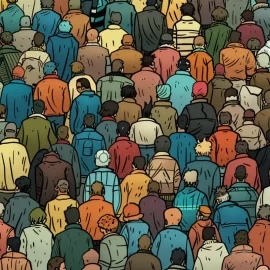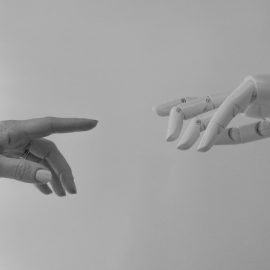

This article is an excerpt from the Shortform book guide to "So You Want to Talk About Race" by Ijeoma Oluo. Shortform has the world's best summaries and analyses of books you should be reading.
Like this article? Sign up for a free trial here .
We often hear that race is a product of social construction, but what does that mean? Is there a scientific basis for the existence of race as a biological feature?
When we talk about the social construction of race, we are referring to the notion that race is not an essential feature of the human species, but a socially manufactured reality. In other words, race is fiction, an illusion. Yet, this illusion shapes many, many people’s realities.
Keep reading to understand the social construction of race.
The Social Construction of Race: Is Race Even Real?
No. The concept of race has no scientific basis. There’s no gene or a cluster of genes that designate human races. But it’s very much a product of social construction, in that our ideas about race have real social effects, and these social effects translate into material differences in how people in certain groups are allowed to live their lives.
Think about money. That’s a fiction, too—pieces of paper and numbers on a screen have no value independent of the system. But this fiction certainly dictates the physical realities of our lives.
Just like money, race is an invention that has real social effects. And just like money, race won’t cease to have real effects in your life and the lives of others if you suddenly decide you don’t believe in it.
So race doesn’t refer to any objective physical or genetic reality, but rather to a social fiction that we create and sustain through our words and actions.
How Does Race Get Constructed?
Race is constructed and perpetuated on a systemic level. We can visualize each instance of systemic racism as a thread in a vast fabric—so vast that we’re completely caught up in it and can’t see its boundaries or overall shape. Similarly, we’re surrounded by racist messaging, but much of this operates unconsciously.
Though it may seem controversial, we can characterize institutional racism as a consequence of the societal system that is built on the white supremacist ideology. Why?
In a White Supremacist system, whiteness is both the aspiration and the default. The system was built for the benefit of white people and at the expense of people of color. This dynamic is still playing out in both obvious and subtle ways. That means that everyone who grows up in a White Supremacist society is racist in some way.
You can’t help it. It’s part of the culture that you absorbed growing up. It doesn’t mean you’re a hateful person who actively desires harm to people of color. But it does mean that racism shapes much of what you do and believe without you realizing it.

———End of Preview———
Like what you just read? Read the rest of the world's best book summary and analysis of Ijeoma Oluo's "So You Want to Talk About Race" at Shortform .
Here's what you'll find in our full So You Want to Talk About Race summary :
- How to have an intelligent, empathetic conversation about race
- Why people are afraid to talk about race
- Where racism came from and what fuels it






